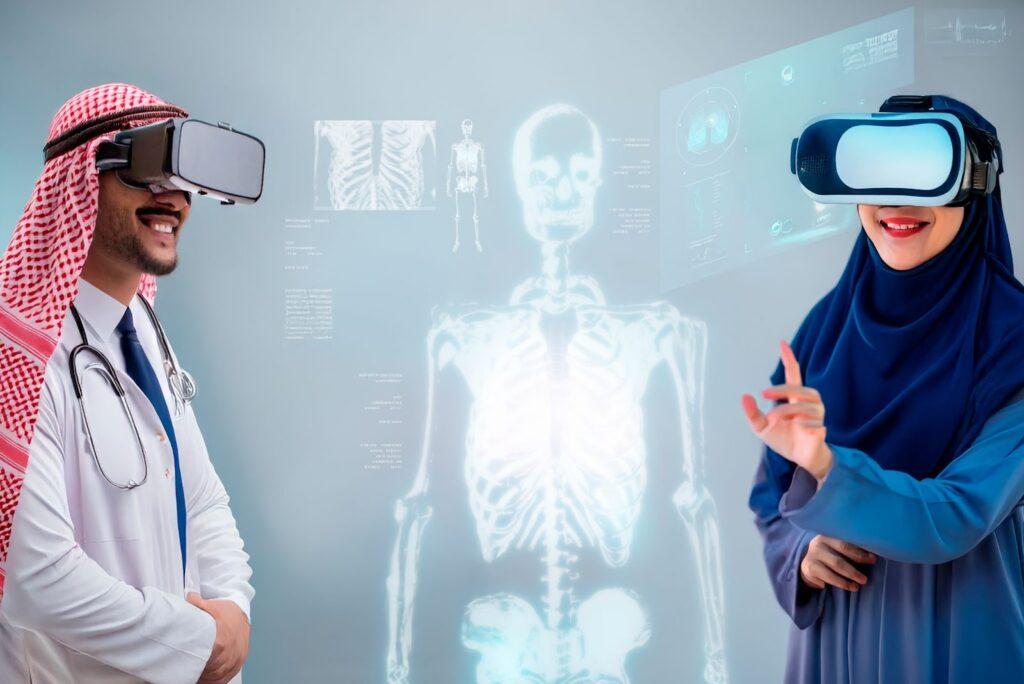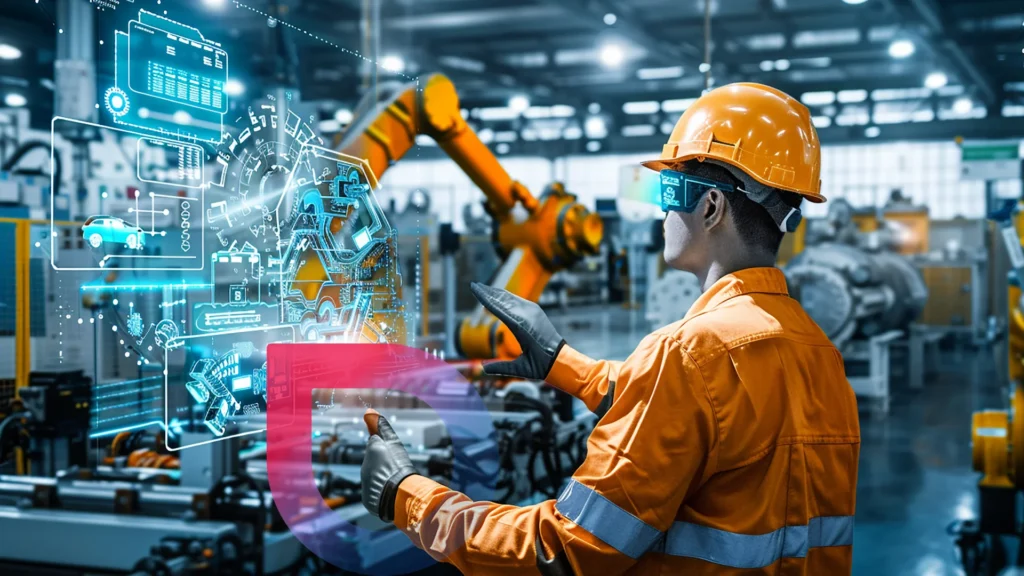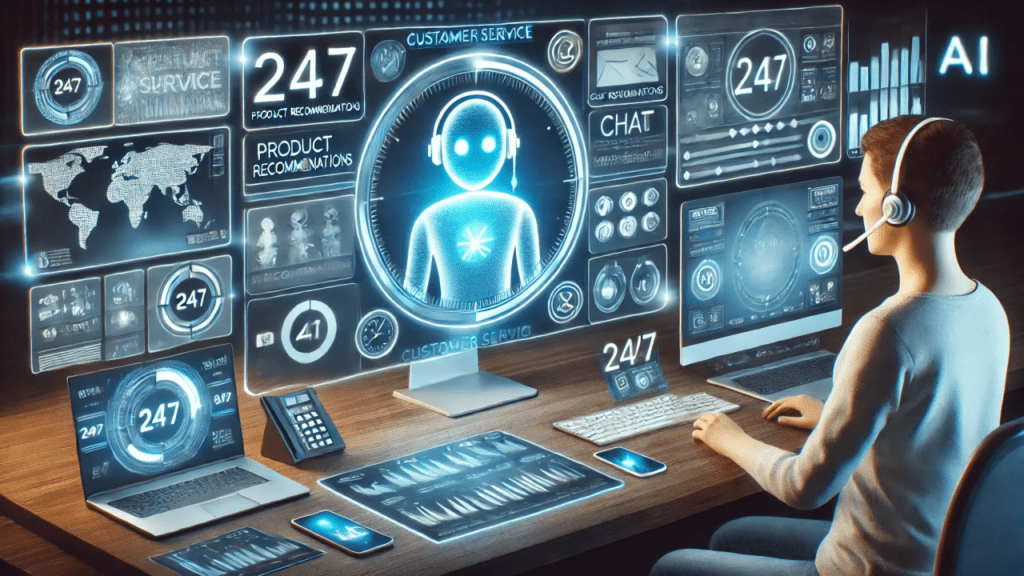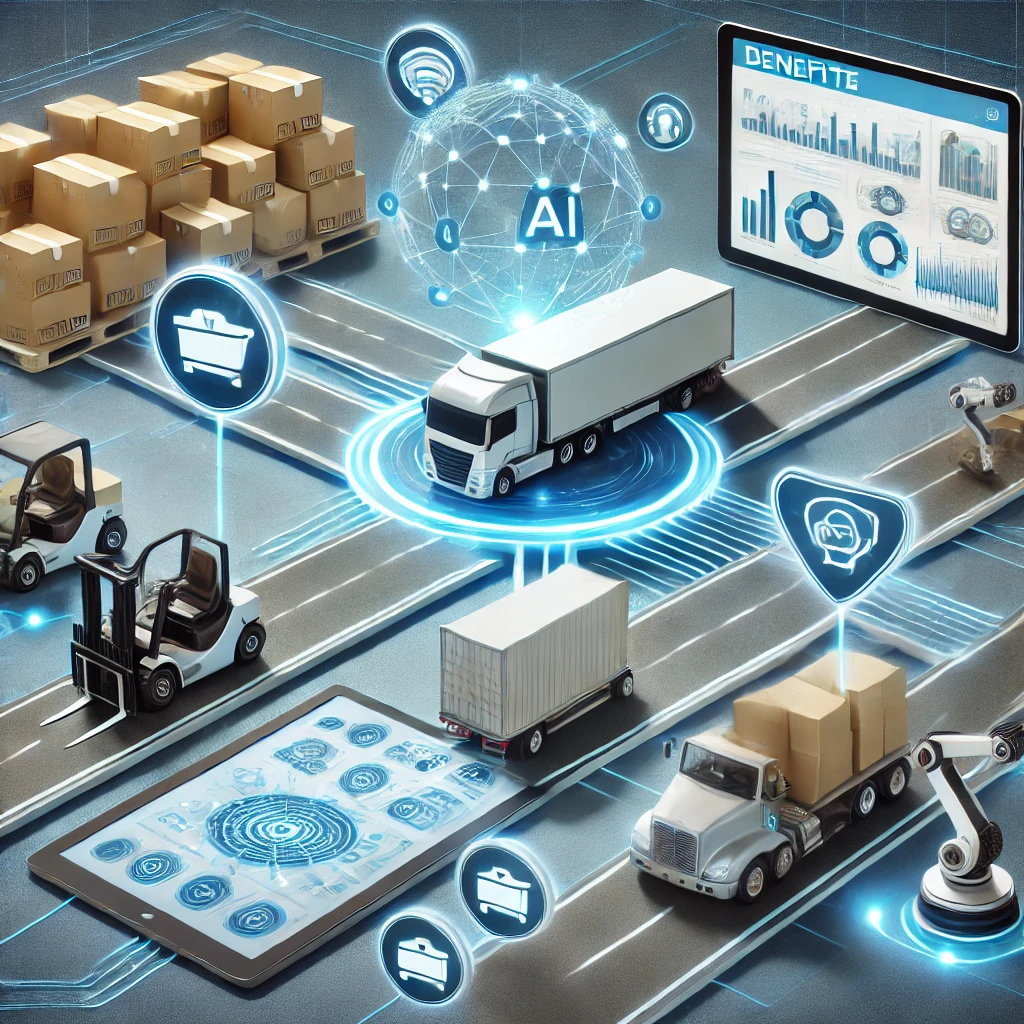The Future of AI: How It’s Reshaping Global Industries
Table of Contents
Artificial Intelligence (AI) is no longer a futuristic concept; it’s a present-day reality that’s transforming industries across the globe. From healthcare to finance, manufacturing to education, AI’s influence is pervasive, driving innovation, efficiency, and new working methods. This article explores how AI is reshaping various sectors, the challenges it presents, and what the future holds.
The Evolution of AI
AI has changed a lot since 1951 when Christopher Strachey created the Ferranti Mark I program to play computer checkers. Over the years, AI has kept improving. In 1997, IBM’s Deep Blue beat a world champion chess player, and in 2011, IBM’s Watson won the quiz show Jeopardy!
In 2018, OpenAI launched a new kind of AI called generative AI. These models can create text, images, and even audio. OpenAI’s GPT-4o and ChatGPT are now widely used. Other companies, like Google (Gemini), Anthropic (Claude), and DeepSeek (R1 and V3), have also created similar tools. These AIs are getting better, faster, and cheaper. AI is also helping science by making vaccines and understanding how people speak.
How SK Arabia and Vision 2030 Are Bringing the AI Revolution
Saudi Arabia’s Vision 2030 is a bold plan to diversify the country’s economy, and AI is at the heart of that mission. One of the key players in this transformation is SK Arabia, a company helping bring advanced AI technologies to life across various sectors.
1. Smart Cities and Infrastructure
SK Arabia is supporting the development of smart cities like NEOM, where AI powers everything from traffic systems to waste management. These technologies make cities more efficient, sustainable, and people-friendly.
2. Healthcare Innovation
With Vision 2030 aiming to improve healthcare, SK Arabia works on AI tools that help doctors diagnose diseases faster and predict patient needs. This helps save lives and makes healthcare more accessible to everyone.
3. AI in Education
Saudi Arabia wants to build a knowledge-based society. SK Arabia supports AI-powered platforms that personalize learning, track student progress, and help teachers give better feedback. This ensures future generations are AI-ready.
4. Government Services
SK Arabia collaborates with government agencies to use AI for better public services. From faster paperwork to smarter data analysis, AI helps the government make decisions and serve citizens more effectively.
5. Business and Innovation Support
Through AI research, startups, and digital transformation initiatives, SK Arabia helps businesses grow and stay competitive. This supports Vision 2030’s goal of creating a thriving private sector and a strong digital economy.
6. AI Ethics and Safety
SK Arabia also focuses on using AI responsibly. It promotes safe, transparent, and ethical AI practices, in line with global standards — making Saudi Arabia a leader in trusted AI development.
How AI Will Impact the Future
The rapid advancement of AI technologies has ushered in a new era of possibilities. According to a 2023 IBM survey, 42% of enterprise-scale businesses have integrated AI into their operations, with 40% considering its adoption. Generative AI, in particular, has expanded the horizons of what’s achievable, enabling machines to create content, design products, and even assist in decision-making processes.
1. Healthcare: Revolutionizing Patient Care

AI’s impact on healthcare is profound. AI algorithms analyze vast datasets, from diagnostics to treatment plans, to identify patterns and predict outcomes. This capability enhances early disease detection, personalized medicine, and efficient patient management.
For instance, AI-driven tools can accurately interpret medical images, assisting radiologists in detecting anomalies. Moreover, predictive analytics help anticipate patient deterioration, allowing timely interventions. The integration of AI in healthcare not only improves patient outcomes but also optimizes operational efficiency.
2. Finance: Enhancing Decision-Making and Security

AI is instrumental in risk assessment, fraud detection, and customer service in the financial sector. Machine learning models analyze transaction patterns to identify real-time fraudulent activities, safeguarding assets and building trust.
Furthermore, AI-powered chatbots and virtual assistants provide personalized financial advice, enhancing customer engagement. Investment firms leverage AI for algorithmic trading, analyzing market trends to make informed decisions swiftly. The result is a more secure, efficient, and customer-centric financial ecosystem.
3. Manufacturing: Driving Efficiency and Innovation

AI revolutionizes manufacturing through predictive maintenance, quality control, and supply chain optimization. By analyzing data from sensors and machinery, AI predicts equipment failures before they occur, reducing downtime and maintenance costs.
In quality control, AI systems inspect products for defects more accurately than human inspectors. Supply chains benefit from AI’s ability to forecast demand, manage inventory, and optimize logistics, leading to cost savings and improved customer satisfaction.
4. Education: Personalizing Learning Experiences

The education sector is embracing AI to create personalized learning experiences. Adaptive learning platforms assess students’ strengths and weaknesses, tailoring content to individual needs. This approach fosters better engagement and comprehension.
AI also automates administrative tasks, allowing educators to focus more on teaching. From grading assignments to managing schedules, AI streamlines operations, enhancing the overall educational experience.
5. Retail: Transforming Customer Engagement

AI enhances customer experiences through personalized recommendations, dynamic pricing, and retail inventory management. By analyzing customer behavior and preferences, AI suggests products that align with individual tastes, increasing sales and customer satisfaction.
Dynamic pricing algorithms adjust prices in real-time based on demand, competition, and other factors, optimizing revenue. AI-driven inventory management ensures products are stocked appropriately, reducing waste and efficiently meeting customer demand.
6. Transportation and Logistics: Optimizing Operations

AI is pivotal in optimizing transportation and logistics. AI-powered autonomous vehicles promise safer and more efficient travel. In logistics, AI algorithms optimize routes, predict delivery times, and manage fleets, reducing costs and improving service reliability.
Moreover, AI enhances supply chain visibility, allowing companies to respond swiftly to disruptions. This agility is crucial in today’s fast-paced, globalized market.
7. Energy: Promoting Sustainability

The energy sector leverages AI to promote Sustainability and efficiency. Smart grids use AI to balance supply and demand, integrate renewable energy sources, and detect faults. Predictive maintenance of infrastructure ensures reliability and reduces operational costs.
AI also aids in energy consumption forecasting, enabling better planning and resource allocation. These advancements contribute to a more sustainable and resilient energy system.
8. Agriculture: Enhancing Productivity

AI applications in agriculture are enhancing Productivity and Sustainability. Precision farming uses AI to analyze soil conditions, weather patterns, and crop health, enabling targeted interventions. This approach optimizes resource use and increases yields.Forbes+6Forbes+6Forbes+6
Drones equipped with AI monitor large fields, identifying issues such as pest infestations or nutrient deficiencies. Farmers can then take corrective actions promptly, reducing losses and improving crop quality.
9. Entertainment: Creating Immersive Experiences

In entertainment, AI is transforming content creation and consumption. Streaming platforms use AI to recommend content based on user preferences, enhancing engagement. AI-generated music, art, and scripts push creative boundaries and offer novel experiences.
Moreover, AI enables real-time language translation and dubbing, making content accessible to a global audience. These innovations are reshaping how we create and enjoy entertainment.
Challenges and Ethical Considerations
Despite its benefits, AI presents challenges that require careful consideration. Job displacement is a significant concern, as automation may render specific roles obsolete. However, AI also creates new job opportunities, emphasizing the need for reskilling and education.
If not addressed, bias in AI algorithms can perpetuate discrimination. Ensuring data diversity and transparency in AI decision-making processes is crucial. Privacy concerns also arise, necessitating robust data protection measures.


